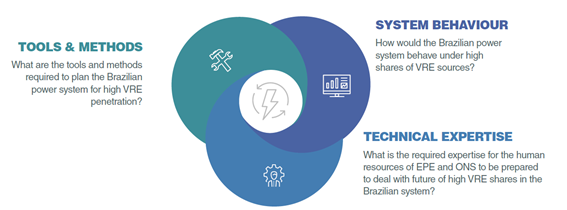Energy Systems of the Future

The project “Energy Systems of the Future: Integrating Variable Renewable Energy Sources in Brazil’s Energy Matrix” aims at studying the impacts of the integration of large shares of variable renewable energy (VRE) sources to the Brazilian interconnected power system (SIN).
The study shows how the Brazil’s power system needs to be prepared – in terms of operation and expansion – to support increasing participation of variable renewable energy sources, indicating the critical points and scenarios for insertion of these sources. The technological resources available to mitigate the impacts of penetration of these sources in the National Interconnected System in the mid- and long-term will also be evaluated in the study.
In this project, Smart Flow was employed to perform the power system studies. The power system analyses aim at assessing in detail the suitability and/or need to adapt the Brazilian system in order to ensure its operability and maintain the targeted level of reliability with increased VRE integration.
One of the greatest challenges for the application of Smart Flow is related with the size and complexity of the system, summarized as follows:
- About 300 static simulations carried out, considering normal operation and about 2500 possible contingencies for each operating condition;
- About 9000 dynamic simulations performed;
- A total of about 450 GB of static and dynamic simulation input and output data produced
- Power system simulation model size:
- ~11000 nodes
- ~9000 transmission lines
- ~7000 transformers
- 7 CSC HVDC bipoles
- ~3000 generating units with dynamic model
Smart Flow proved to be a robust, efficient and accurate tool for the simulation of large-scale power systems with complex dynamic phenomena induced by the long electrical distances of this system and the high amount of VRE penetration.


